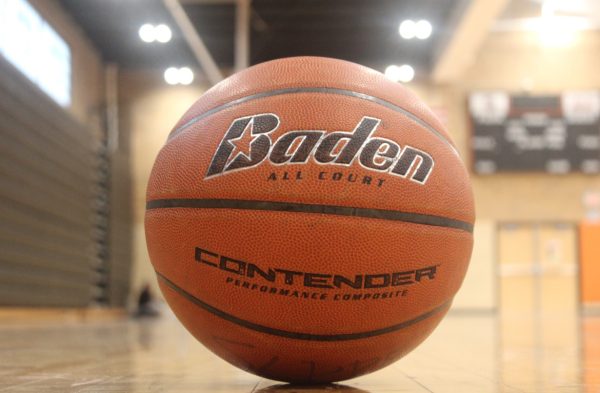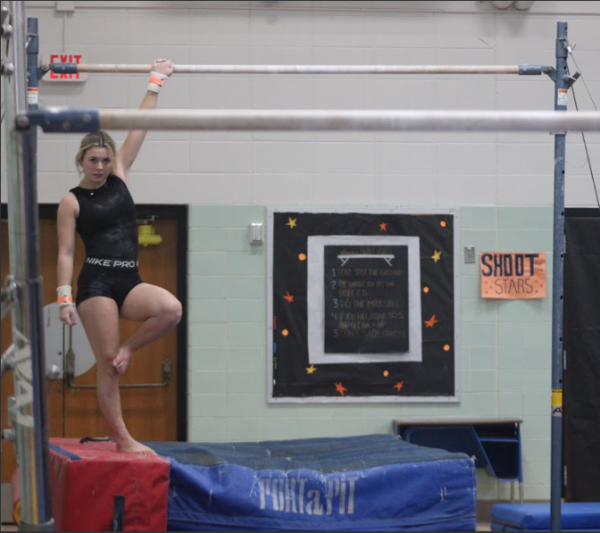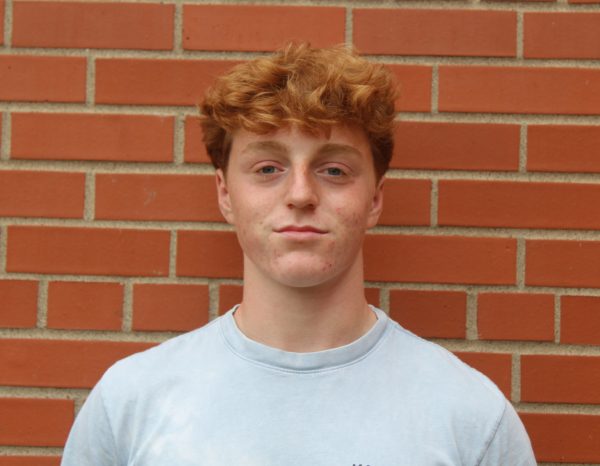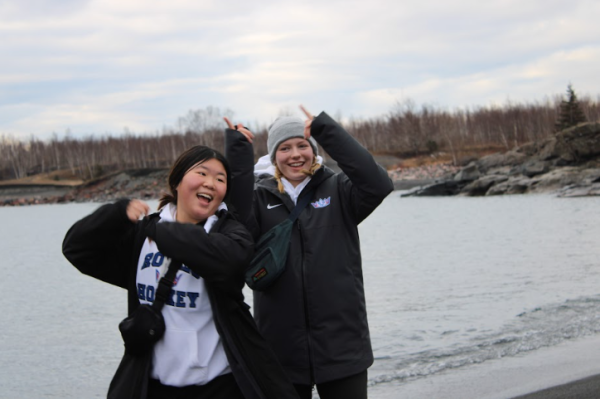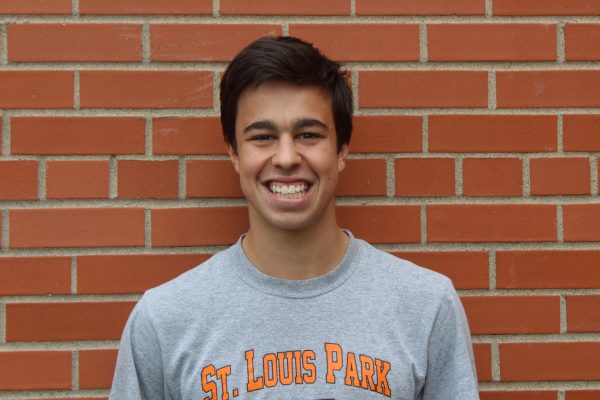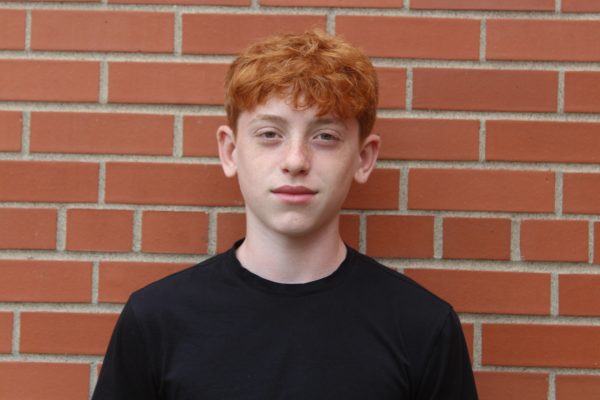How much is too much?
Know when to stop playing your sport
September 28, 2016
This past summer, I spent four to eight hours a day playing tennis, taking every chance I could to get on the courts, hoping I would be prepared for high school tryouts come August.
In late July, halfway through a practice day, I started to feel intense pain in my right arm and shoulder. I brushed it off and continued to play as if nothing was wrong.
Confident about my tennis abilities, I felt fully prepared at the start of tryouts week, knowing if I played my best I would be able to make varsity.
My shoulder pain was more prominent than before, but I took it as a challenge, as if the pain was pushing me to compete harder and improve my game.
Immediately after the start of the season, the pain started to affect how I played, and even stopped me from picking up a racket. I felt as if all of my hard work was wasted.
My coaches insisted I see a trainer who, after a few visits, required me to see a physical therapist. I felt as if I had lost control — the situation was no longer in my hands.
I was told I wouldn’t be able to practice or play matches for the majority of the season, and it would take up to six weeks of physical therapy to start to see a sign of improvement in my strength.
As a self-diagnosed perfectionist, I create high expectations for myself daily and do whatever it takes to achieve them.
Unfortunately, I didn’t realize how far I pushed myself to achieve those expectations until it was too late.
Looking back, my shoulder pain wasn’t telling me to play better— it was telling me to stop playing.
When you love what you’re doing, it’s difficult to pull yourself away from it. Given time, injuries will heal and it’s possible to come back and play better than before. However, playing through an injury causes more, and potentially permanent, damage.
Playing through my injury resulted in a long and avoidable road to recovery, but I am lucky full recovery is still possible. Although painful and frustrating, my injury has taught me to slow down before I get injured, not after.







